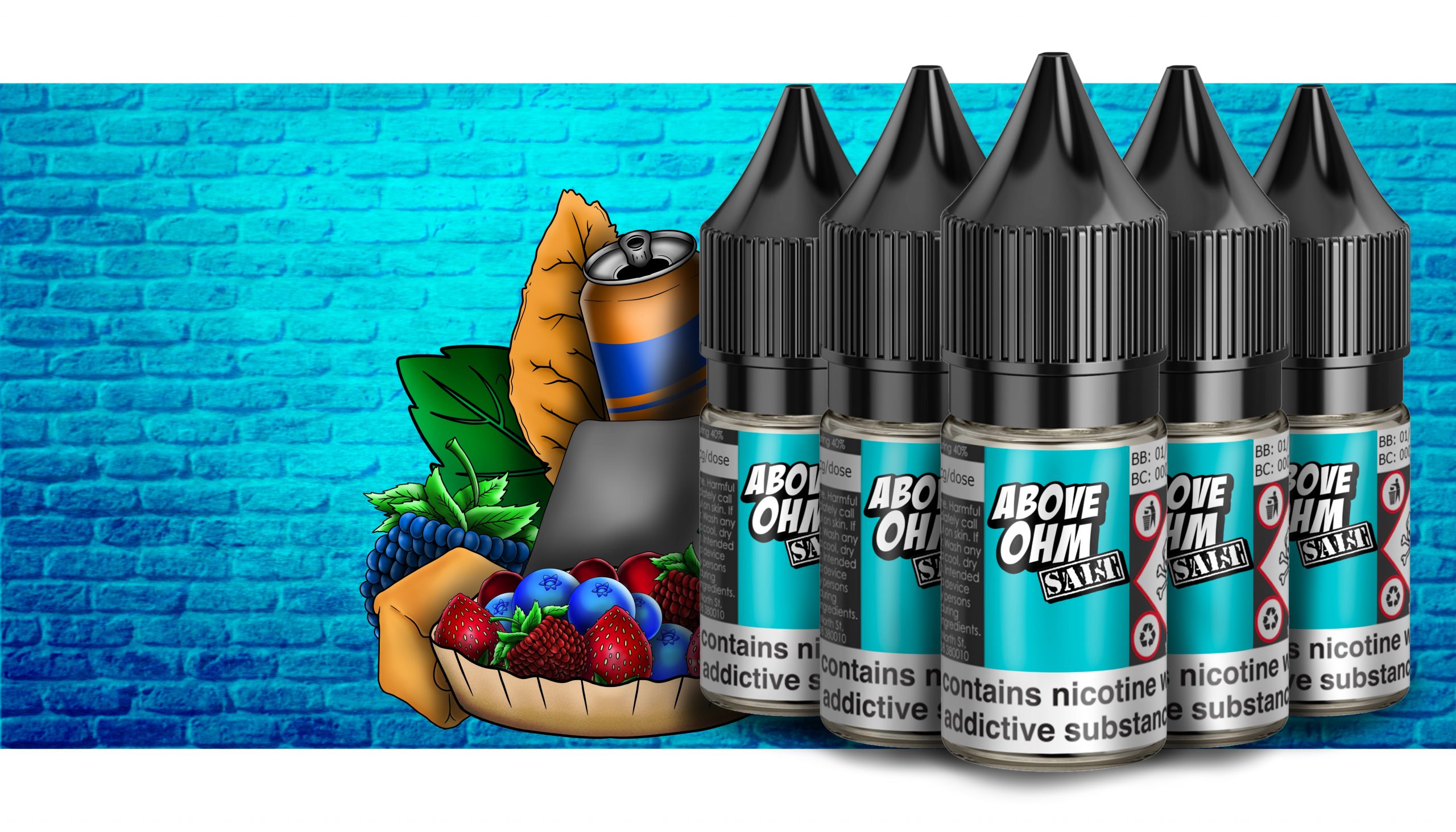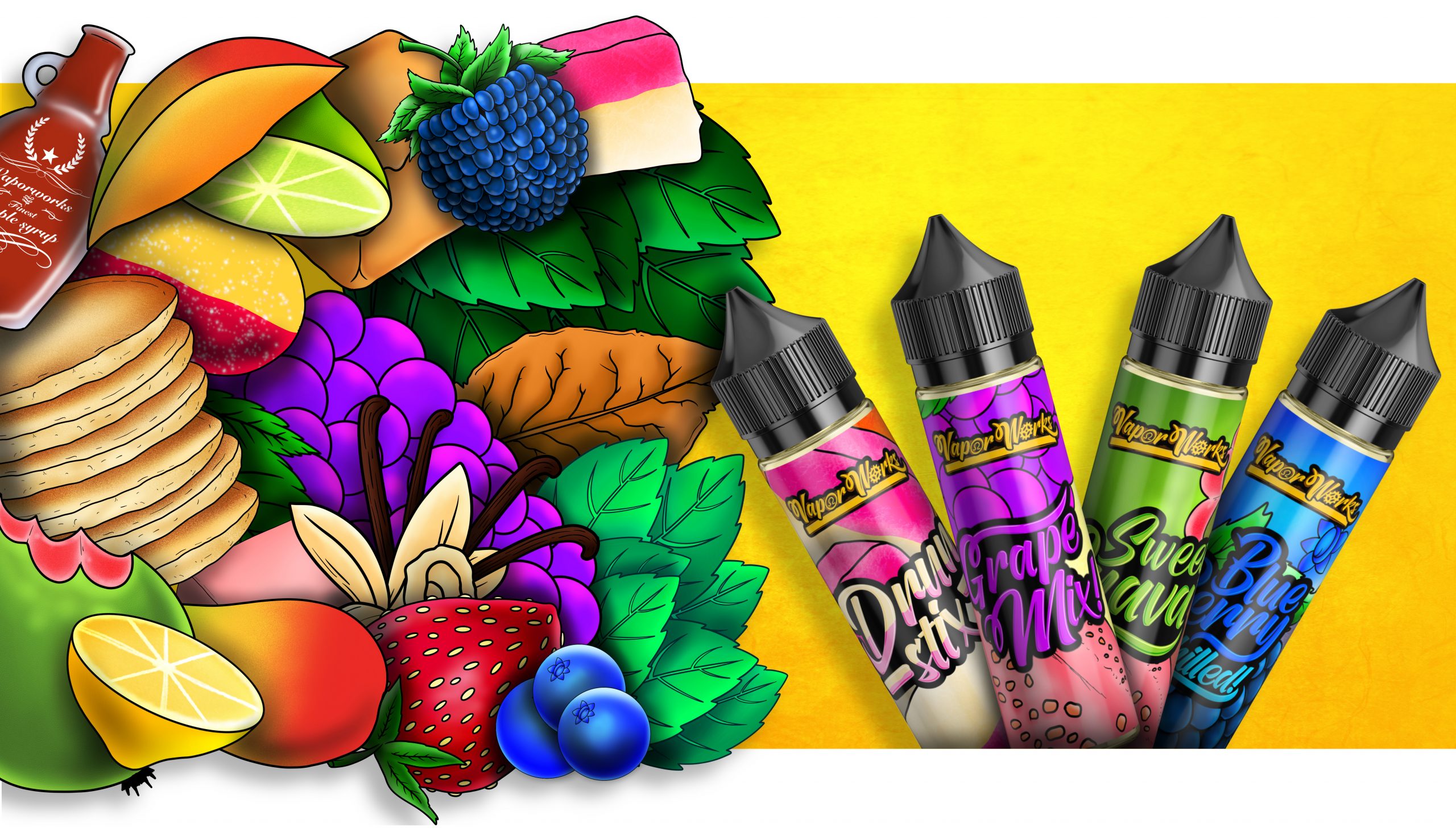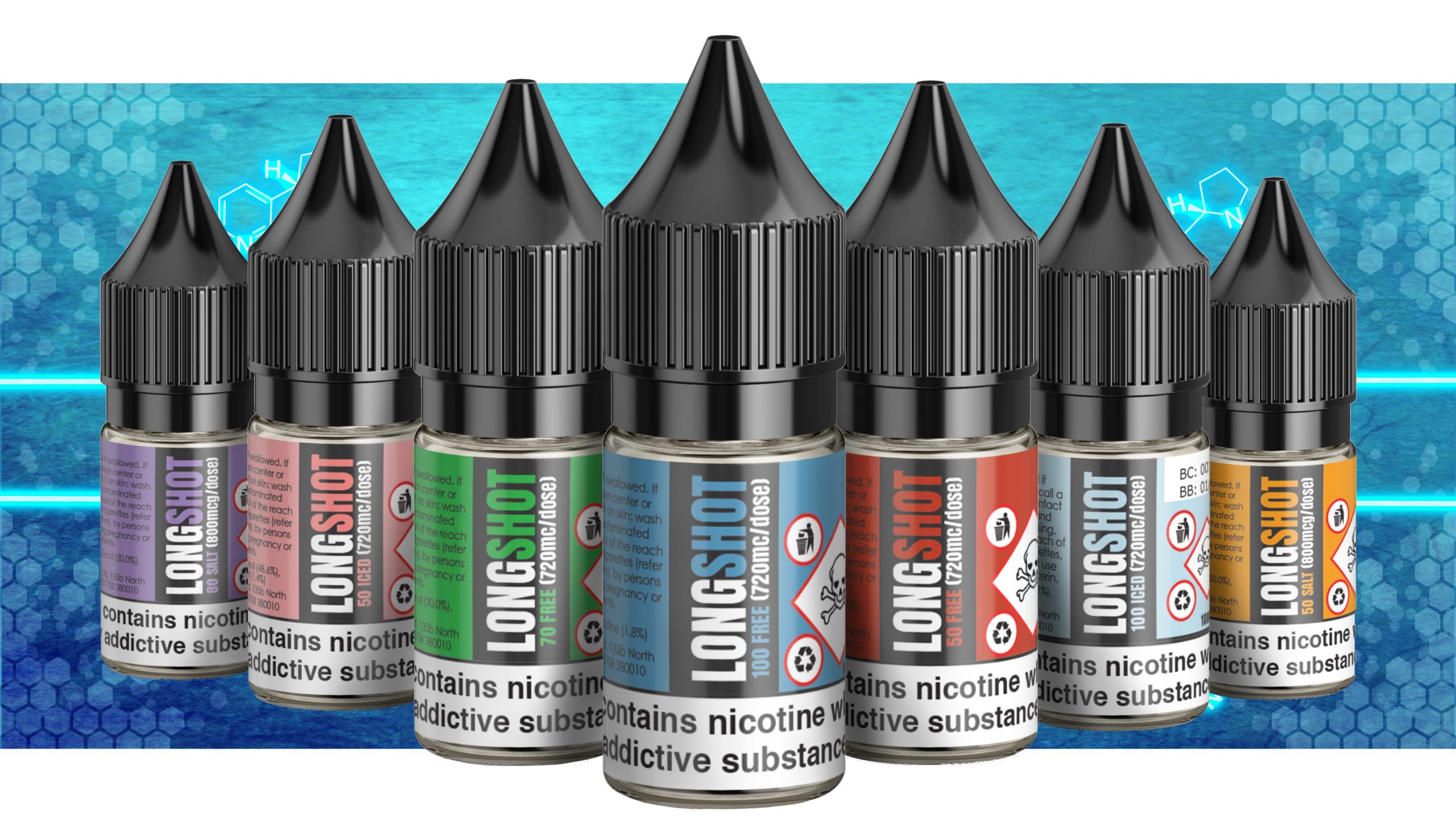You’ve probably seen some of the recent headlines about vaping and the bans being implemented in some US states. But most only know that a number of people have died and that the CDC is hinting that vaping could be to blame. So we thought we’d give a little more information as to what is currently known.
What seems to have caused these illnesses in the USA?
Both the FDA and CDC have stated that in nearly every reported case of illness, THC-containing cartridges have been used by the person affected. And whilst most articles in the press also mention this, it’s never reported in the headline. THC is the primary psychoactive constituent of cannabis and such cartridges cannot be legally purchased in the UK and certainly not from any reputable vape shop. According to the FDA, there appears to be a link between the “very high levels” of vitamin E acetate in these THC cartridges and the illnesses encountered. Whilst we cannot comment on the products of others, no such vitamin additives are present in any of our e-liquids.
In short, the products which appear to be at the heart of this outbreak of illness are illegal narcotics which people are choosing to vape. It is not the strictly regulated products which you can find in any reputable vape shop.
We compare this outbreak of illness to a number of deaths in Russia in 2016 from black market vodka where 41 people were killed by consuming black market vodka which was contained high levels of methylated spirit. Did authorities ban the sale of vodka? No. Everyone seemed perfectly capable of drawing a definitive line between the consumption of illegal products and the consumption of legal alcohol. Source: Reuters
What is the UK’s stance on vaping?
The stance of the NHS on vaping should also be considered. Keep in mind that our NHS is a public institution which, unlike the US healthcare system, does not profit from illness. Their stance on vaping is as follows:
How safe are e-cigarettes in the UK?
“In the UK, e-cigarettes are tightly regulated for safety and quality. They’re not completely risk free, but they carry a small fraction of the risk of cigarettes. E-cigarettes do not produce tar or carbon monoxide, two of the most harmful elements in tobacco smoke. The liquid and vapour contain some potentially harmful chemicals also found in cigarette smoke, but at much lower levels. While nicotine is the addictive substance in cigarettes, it’s relatively harmless. Almost all of the harm from smoking comes from the thousands of other chemicals in tobacco smoke, many of which are toxic. Nicotine replacement therapy has been widely used for many years to help people stop smoking and is a safe treatment. There’s no evidence so far that vaping causes harm to other people around you. This is in contrast to secondhand smoke from smoking, which is known to be very harmful to health.” Source: NHS Website
Grab some tin foil. It’s a conspiracy!
We, and many in the vaping industry believe that the decision of a number of US states to place temporary bans on vaping is mainly a financial one. In 1998, the largest tobacco companies in America settled a number of lawsuits that had been brought against them by 46 states for recovery of their tobacco-related healthcare costs. This was called the Master Settlement Agreement. This settlement was based on the tobacco companies paying a proportion of their sales from tobacco products each year to state governments for 25 years. Each state subsequently borrowed money against the promise of this future income from the tobacco companies to pay for spending within their individual states. With the rise of vaping in the last decade, tobacco sales have been the primary casualty and in turn, the amount of income that state authorities are receiving under the Master Settlement Agreement have fallen substantially.
Is it a coincidence that the first states to implement a vaping ban are those who borrowed most and are most affected by the reduction of tobacco income? You decide.








